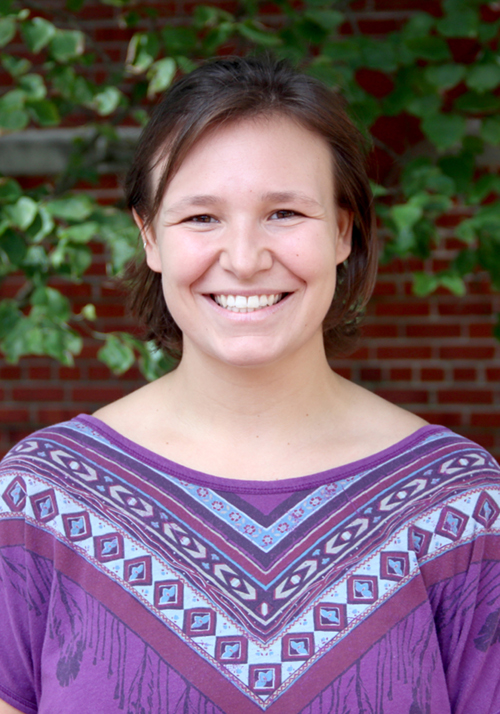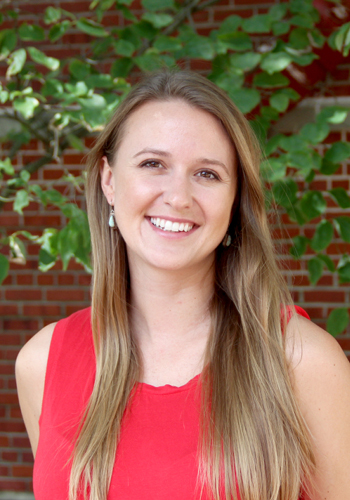Best Student Paper Awards
Each year a committee of faculty and students undertakes the difficult task of choosing the best journal articles from the many papers written by our graduate students. Each paper considered is either accepted, in press, or published in a peer-reviewed journal. The papers reflect the superb quality of student research at VIMS and the outstanding mentoring of our advisors. Papers are judged for the scope of problem, degree of challenge, magnitude of student effort, hypothesis formulation and testing, and writing style.
This year, the committee members—Donna Bilkovic, Rich Brill, Matt Kirwan, Abigail Sisti, and Ryan Carnegie—evaluated 21 papers.

Master's Category
This year’s choice for the best paper by a Master’s student goes to Michelle Onofrio for "Spatiotemporal distribution of phycotoxins and their co-occurrence within nearshore waters.” Co-authored by Juliette Smith, Kim Reece, Willy Reay, and the Virginia Department of Health, the paper appeared in Harmful Algae. Deploying resinous “SPATT” collectors to profile the diversity of phycotoxins in Chesapeake Bay, Michelle found a broad distribution of diverse toxins with the potential for impacts on human or animal health. As part of this study, Michelle was the first to discover "az-a-spir-A-cids.” in the region, prompting the incorporation of these federally regulated toxins into local seafood management strategies.

Ph.D. Category
This year’s winner of best paper by a Ph.D. student goes to Meredith Evans Seeley for “Microplastics affect sedimentary microbial communities and nitrogen cycling” in Nature Communications.
Meredith’s paper, co-authored by BK Song, Renia Passie, and Rob Hale, was the first to describe explicit impacts of microplastics on microbial communities within marsh sediments. In controlled experiments, the authors observed that specific polymer types not only altered the species present, but some promoted nitrogen removal while others inhibited nitrogen cycling. Such perturbations may negatively impact water quality. The insights gained may support the design of more environmentally benign plastic products.
Meredith’s paper has already garnered more than 40 citations. Its impact was noted in a full-page highlight in Nature Reviews Microbiology and via selection as a Nature Communications Editor’s Choice. Her talk on the paper was also awarded best presentation by a PhD student at the 2020 North American Society of Toxicology & Chemistry in Toronto.

